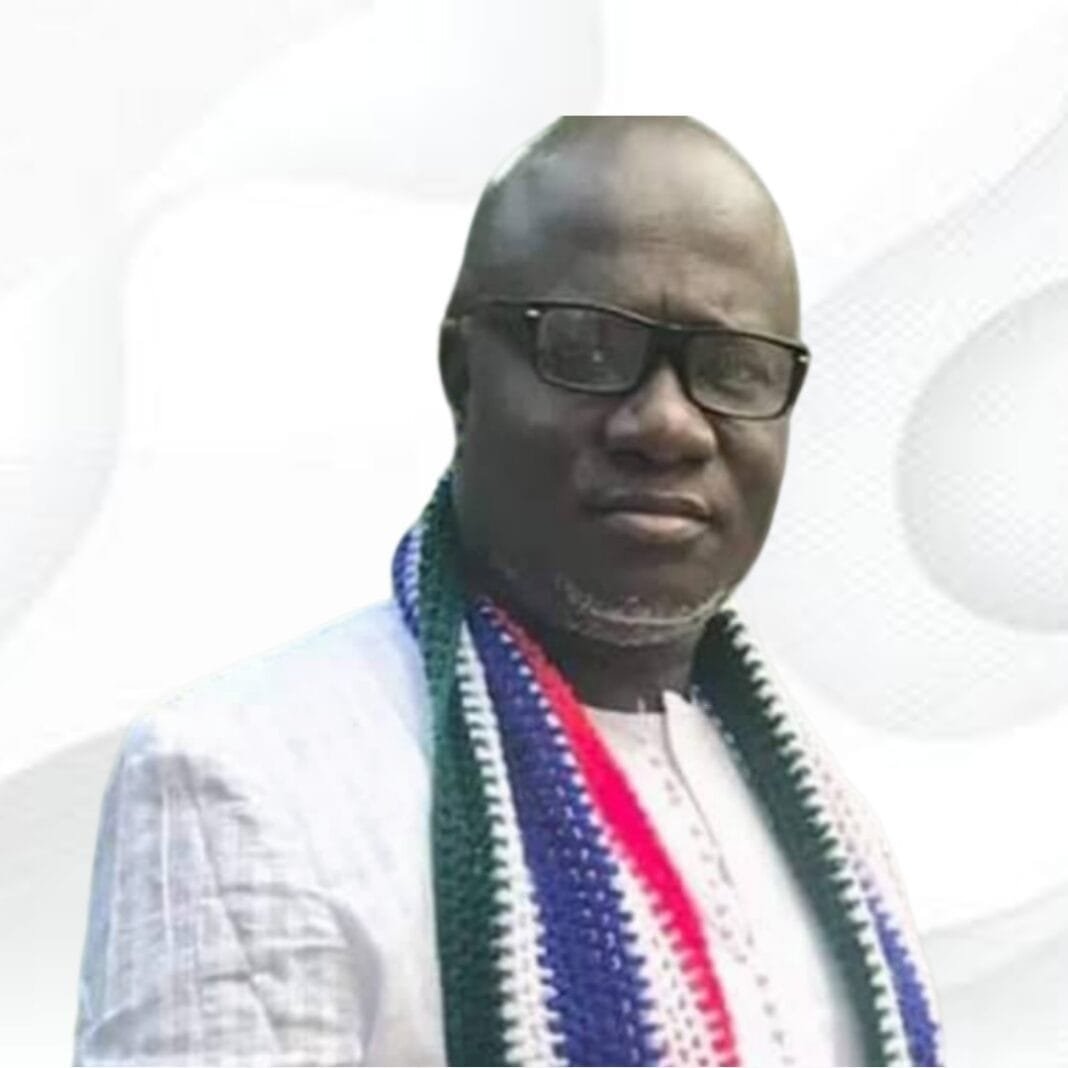The Gambia is at a crossroads, engulfed in a crisis of governance that is eroding every facet of national life. Poverty is deepening, polarization and hate are festering, and corruption has become uncontrollable. Recent reports confirm this grim reality: the NHRC survey on hate speech paints a picture of a divided nation, while the Gambia Participates’ Corruption Index 2025 exposes rampant graft at every level of government. The Afrobarometer survey from last year reveals another painful truth: most Gambians no longer trust public institutions, and many are desperate to leave the country, with hundreds of young people risking their lives across the desert and Mediterranean Sea in search of dignity and opportunity.
Public services are collapsing. When they exist at all, they are unreliable, inaccessible, and expensive. Our public institutions are weak, inefficient, and deeply corrupt. Instead of being sources of hope, they have become sites of frustration and despair. The recently released government audit reports for 2021, 2022, and 2023 are damning. They expose staggering mismanagement and corruption, with billions of dalasi unaccounted for. This is not just financial malpractice; it is national betrayal.
The country is drowning while its leaders look the other way, lost in self-delusion and surrounded by sycophants. This is the state of affairs under President Adama Barrow’s leadership.
Yet, the real threat to The Gambia is not the youth or the protesters. No. It is the government itself. People are not on the streets because they want chaos; they are there because they want bread, safety, justice, and a predictable life. The President’s primary duty is to provide direction, hope, and solutions, not to treat citizens as enemies and divide them.
In this year alone, a string of disturbing incidents has exposed the government’s failings: the recent Mandinari and Jabang tragedies, the Gunjur land disputes, the controversial Sukuta-Salaji demolitions, anti-corruption protests, the unconstitutional removal of the Auditor General, and even the shocking shooting of PIU officers last year. These are not isolated events; they are symptoms of a system unraveling.
Last night’s presidential address was a missed opportunity. It could have been a moment to unite the nation, preach peace, demand justice, and declare zero tolerance for corruption and abuse of power. Instead, it fell flat: defensive, detached, and dangerously out of touch with the harsh realities Gambians face.
President Barrow appears to be hijacked and misguided by his cabinet, technocrats, and advisors – both official and unofficial, who serve narrow interests instead of the public good. He seems blind to the derailment unfolding around him, but Gambians see it clearly.
History is full of leaders who only wake up when it is too late, when the nation has already been dragged into the ditch. Yaya Jammeh never came to terms with reality until his grip on power was broken. He still lives in delusion in EQ. President Barrow still has a chance to avoid that fate, but only if he acts decisively now.
He must realize that he is navigating a wilderness without clear paths or true allies. The way forward demands courage, humility, and an unshakable commitment to justice and accountability. The Gambia needs a leader who can rise above partisan interests, reject corruption, and restore faith in public institutions. But only if he has the courage of his convictions and guided by a deep sense of morality and patriotism.
If Barrow fails, it will not be protesters or the youth who bring down this country. Rather, it will be himself and his government, through their incompetence, corruption, and failure to govern. The Gambia is sinking fast. President Barrow must decide whether he will be the captain who saves the ship or the one who goes down with it. Time will tell.
For The Gambia, Our Homeland
By: Madi Jobarteh


